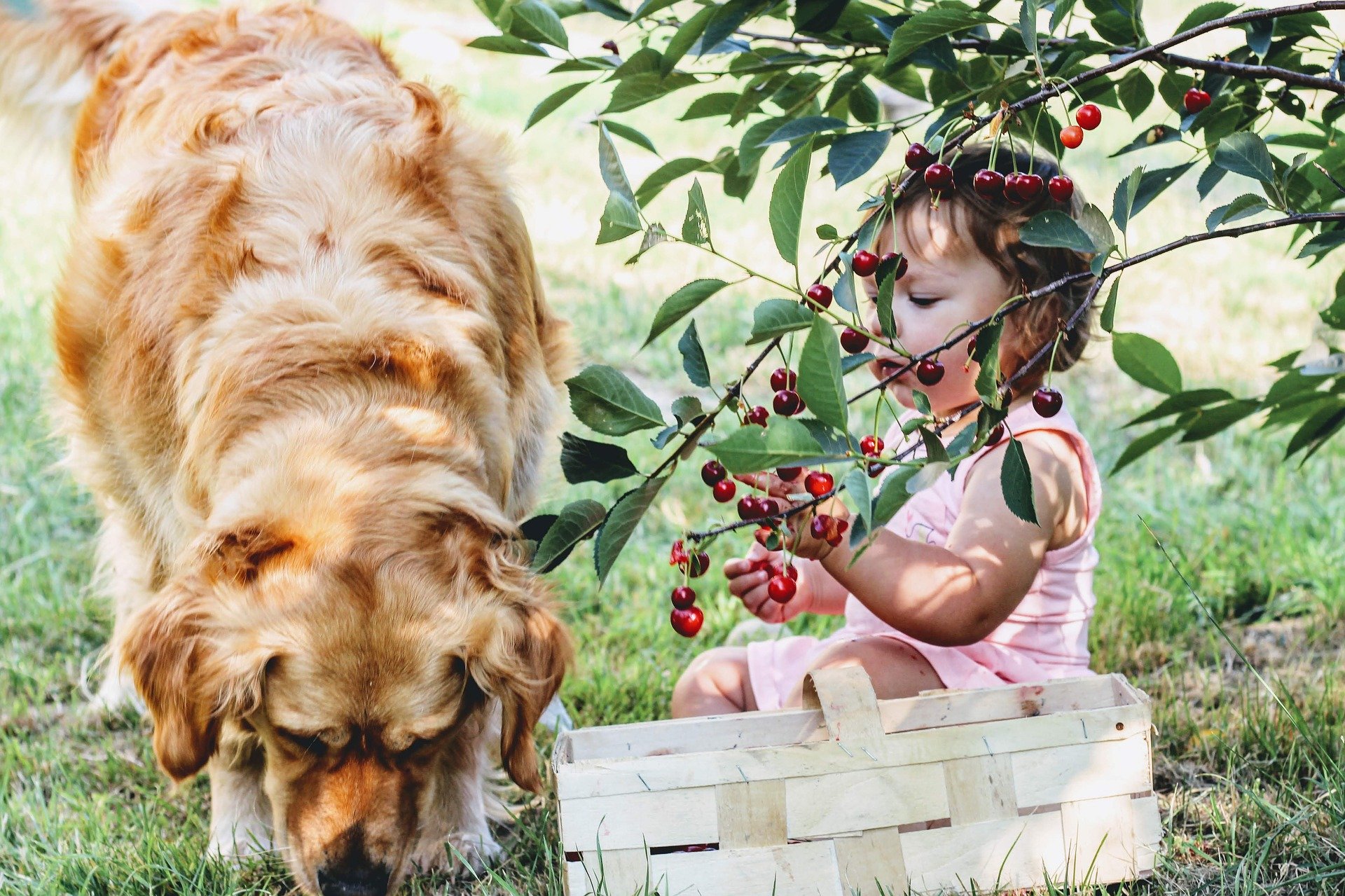A dog’s diet is a vital aspect of his health. As owners of domesticated dogs, it is up to us to provide a nutritionally sound diet for our canine companions.
There are so many different foods available, snacks, treats, and other products for your dog to consume. How do you know which is the right one?
A really great start to understanding how to feed your pooch well is to understand the vitamins they need in their diet to be healthy. The more informed you are, the better able you are to make the best choice for your dog when it comes to their food.
First Things First: Identify Your Dogs Uniqueness
Your dog has a huge variety of factors that makes it a unique individual with unique nutritional needs. There are general vitamins that every dog needs but there are additional factors to consider when you plan a dogs diet including:
● Their breed
● Their sex
● Any nutritional deficiencies
● Coat type
● Medical conditions
● Medication was taken
● Are they a breeding animal?
● Are they breastfeeding?
● Have they been through malnourishment?
Understanding the uniqueness of your dog will help you to understand their needs. Consulting your vet first when considering your pet’s diet might be a good idea. They might run some blood tests or check your dog’s poop to analyze its health. That information in combination with its health history, breed, use and other needs will help create a unique diet plan for your dog.
Vitamins All Dogs Need For A Healthy Life
Vitamin A
Found in carrot, spinach, eggs, and sweet potatoes aiding in immune system strength, eye, and skin health.
Vitamin B
Found in brown rice and similar whole grains, beans and green veggies aiding cell recovery.
Vitamin C
Found in various colorful fruits and veggies aiding in immune system strength and helping with illness recovery.
Vitamin D
Found in egg yolk, beef, and fish oils aiding in bone and teeth health.
Vitamin E
Found in leafy greens and brown rice aiding in eye health, skin health, and reducing inflammation.
Vitamin K
Found in leafy greens and fish, aiding in bone strength and blood health.
In addition to the vitamins above, dogs also require various minerals in their diet too. Calcium, phosphorous, potassium, magnesium, sulfur, iron, zinc, iodine, selenium and copper are all essential parts of a healthy canine diet.
Choosing The Right Food
Now you know the vitamins and minerals your dog needs, and any specific dietary needs based on their uniqueness, you’re in a much better position to ensure their diet is well-balanced.
There are various ways to ensure a dog gets a great diet every day. The easiest option is to select a food type that has everything within it that a dog requires adequate nutrition.
Any food that has meat or fish first in the ingredients is of better quality than one with grain or maize high on that ingredient list.
You can then supplement your chosen dog food with healthy snacks like dried meats, veggies, and whole food-based doggie treats.
Alternatively, you may want to look into making your dog’s food yourself. Lots of owners choose to do this to gain the most possible control over what their dog consumes. You could do this by creating cooked dishes or raw dishes. If you do choose to make your dog food yourself, it is extremely important that you use good judgment and consult your vet or a similarly qualified animal expert for guidance.
Choose The Right Vitamins For Optimum Canine Health
Do use good judgment and do consult your vet for advice to ensure you’re as informed as possible when approaching this important aspect of your dog’s life.
By understanding what your dog needs in their diet, you can help them have a healthy body and the happy life that they deserve.

Leave a Reply